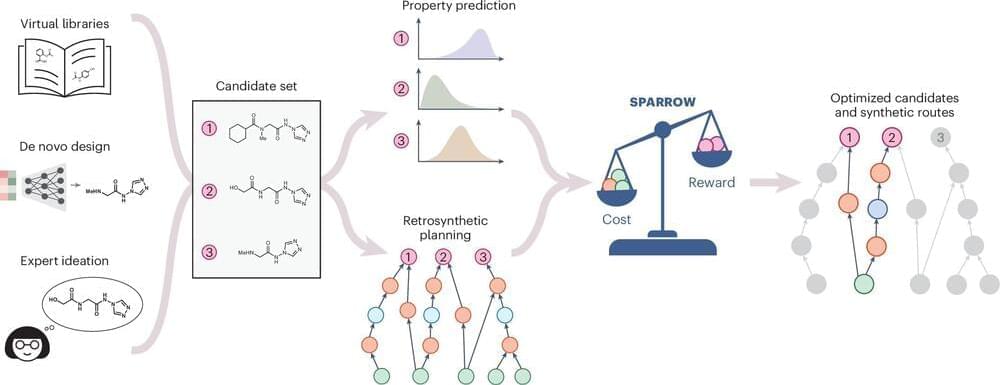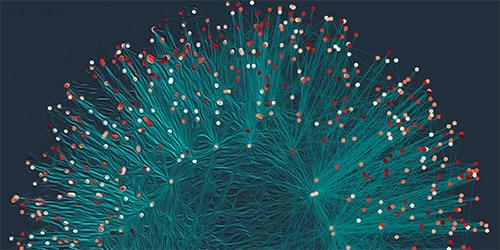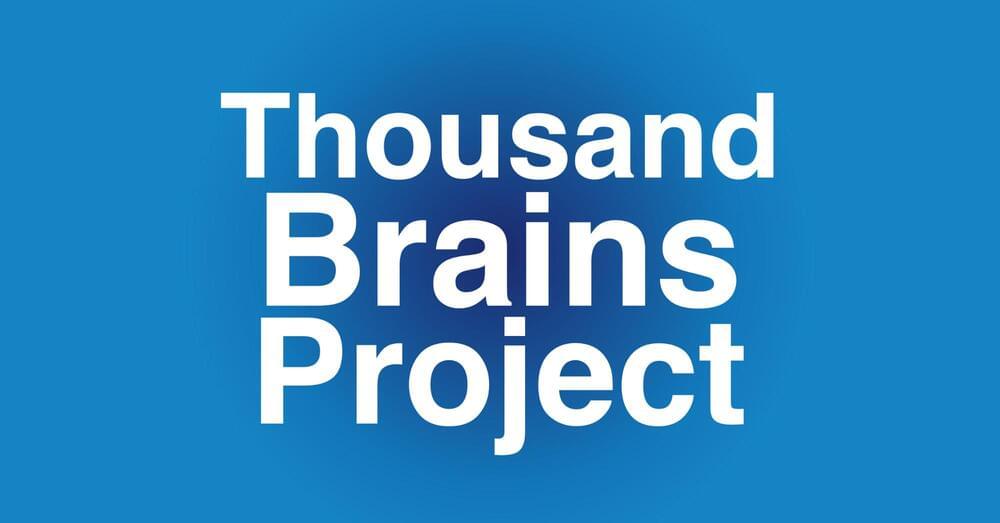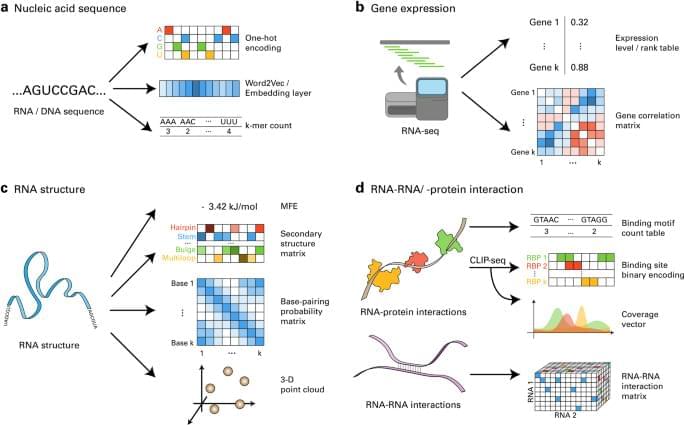
Lakes and seas of liquid methane exist on Saturn’s largest moon, Titan, due to the moon’s bone-chilling cold temperatures at-290 degrees Fahrenheit (−179 degrees Celsius), whereas it can only exist as a gas on Earth. But do these lakes and seas of liquid methane strewn across Titan’s surface remain static, or do they exhibit wave activity like the lakes and seas of liquid water on Earth? This is what a recent study published in Science Advances hopes to address as a team of researchers have investigated coastal shoreline erosion on Titan’s surface resulting from wave activity. This study holds the potential to help researchers better understand the formation and evolution of planetary surfaces throughout the solar system and how well they relate to Earth.
For the study, the researchers used a combination of shoreline analogs on Earth, orbital images obtained by NASA’s now-retired Cassini spacecraft, coastal evolution models, and several mathematical equations to ascertain the processes responsible for shoreline morphology across Titan’s surface. Through this, the researchers were able to construct coastal erosion models depicting how wave activity could be responsible for changes in shoreline morphology at numerous locations across Titan’s surface.
“We can say, based on our results, that if the coastlines of Titan’s seas have eroded, waves are the most likely culprit,” said Dr. Taylor Perron, who is a Cecil and Ida Green Professor of Earth, Atmospheric and Planetary Sciences at the Massachusetts Institute of Technology and a co-author on the study. “If we could stand at the edge of one of Titan’s seas, we might see waves of liquid methane and ethane lapping on the shore and crashing on the coasts during storms. And they would be capable of eroding the material that the coast is made of.”


















